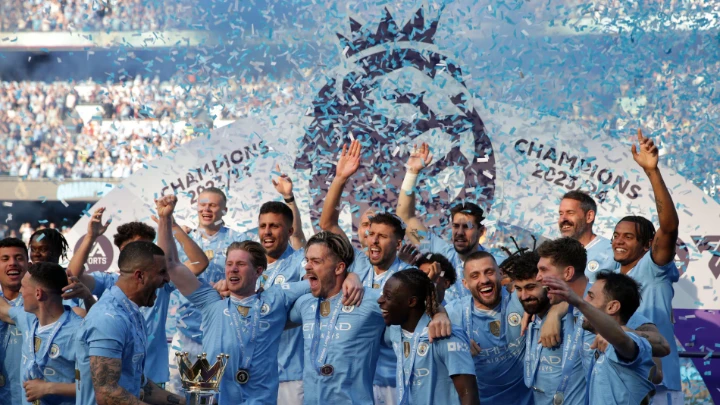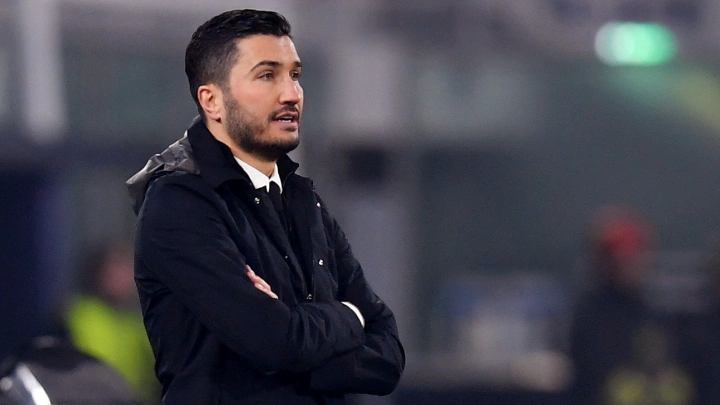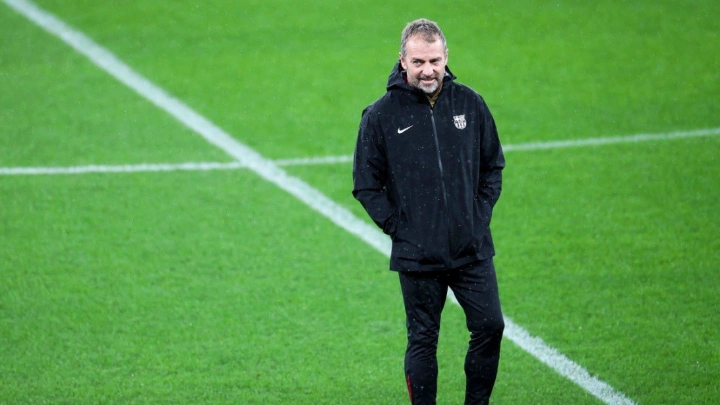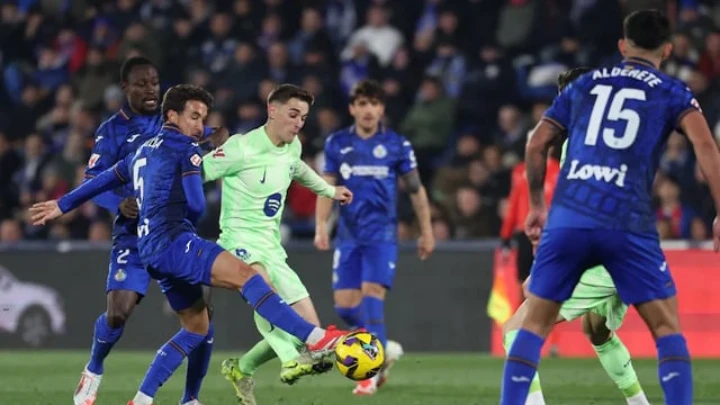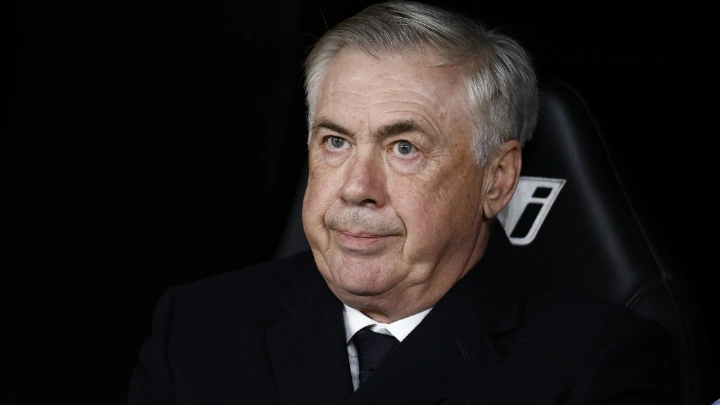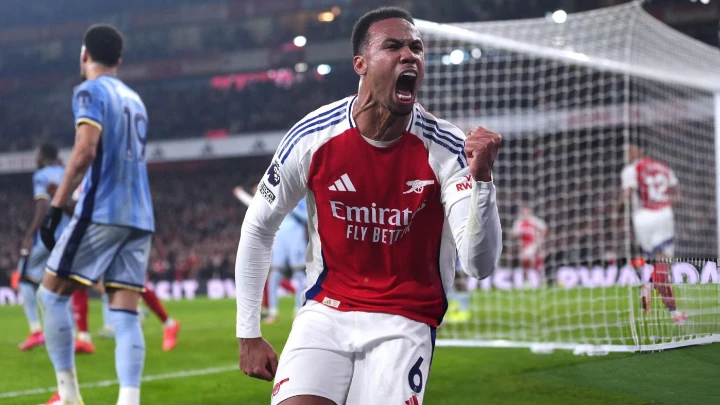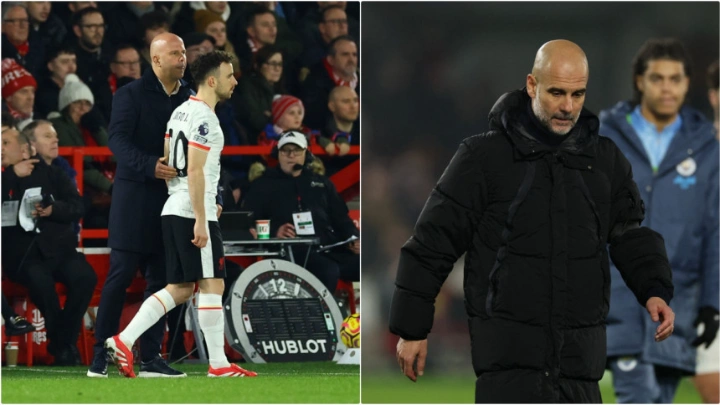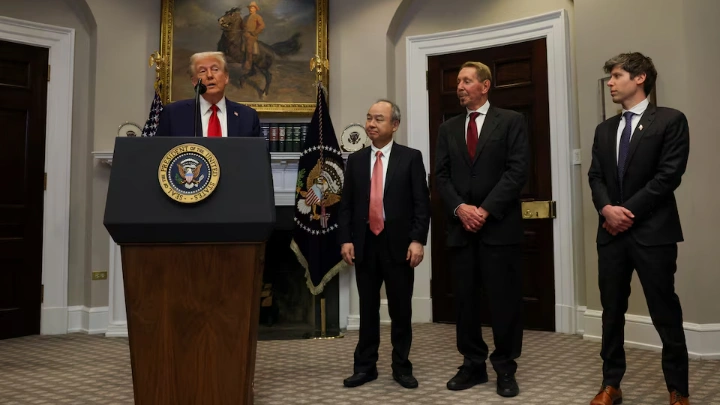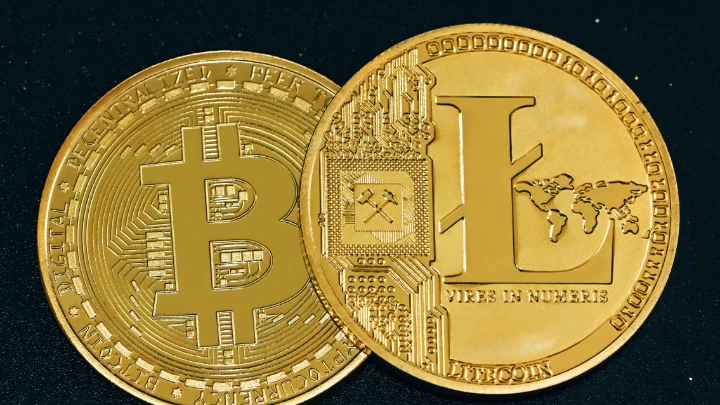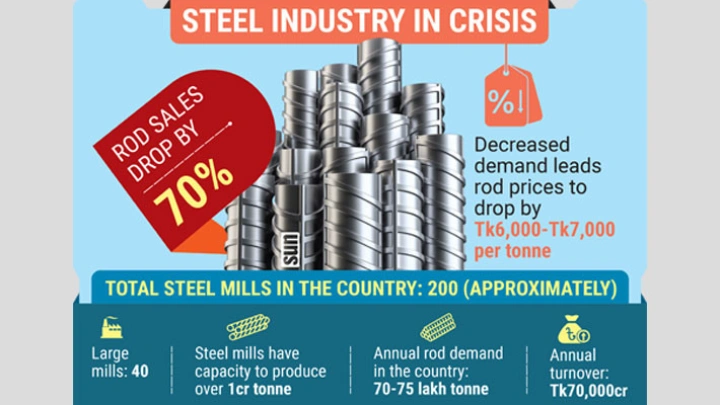Manchester City’s claim of legal win over Premier League aimed at wider battle
TheGuardian || Shining BD
It isn’t immediately clear why the club thinks it has won such an obvious victory over associated party transactions.
Laydeez and gentlemen, we have a winner. In fact we can do better than that. We have two of them! Welcome to the Premier League: so good, so contorted by internal struggle, it can even defeat itself.
The decision in the Manchester City v the Premier League tribunal (not the big one; the smaller retaliatory one) was finally unveiled in its full 164-page glory on Monday afternoon. At which point English football was left with the spectacle of both sides simultaneously claiming victory, the referee raising both fists in the centre of the ring, both fighters sinking to the floor in triumph, thanking God, telling Adrian they love her, mobbed by trainers and cut-men.
Zoom out a little and it is objectively funny to see the comms teams and bewigged PR agents of both sides falling over themselves to claim the win. Monday’s twin statements were notable for their contrasting tones of triumphalism.
The Premier League went for airy and vindicated, not angry just sad. Manchester City stuck with terse, hostile and finger-pointy. Maybe this is as close as we’re going to get in the popular culture now to Blur v Oasis. Except this time around both of them are claiming to be No 1.

So on the one hand we have: “The Premier League welcomes the Tribunal’s findings, which endorsed the overall objectives, framework and decision-making of the APT system.” But wait. What’s this? “The Club has succeeded with its claim: the Associated Party Transaction (APT) rules have been found to be unlawful.”
And on it goes. The Premier League tells us through one speaker that “[the tribunal] found that the APT Rules include appropriately detailed criteria as to the determination of FMV and that the process for assessment of FMV is a clearly defined, transparent and non-discriminatory one.” Meanwhile, Clive, I’m hearing in my other ear that: “The Premier League was found to have abused its dominant position. The Tribunal has determined both that the rules are structurally unfair.”
Reading this it is hard not to think of Bleak House and Jarndyce and Jarndyce, the insatiable black hole of a Chancery case that elite club football seems determined to model, and which “no two Chancery lawyers can talk about for five minutes without coming to a total disagreement as to all the premises.”
At this stage the most interesting part lies in City’s claims of clear and unmitigated triumph. It isn’t immediately clear, beyond grandstanding, why the club thinks it has won such an obvious victory. Unless of course the outcome here speaks in more significant ways to the larger battle of PSR charges, and evidence that we, the weary general public, still haven’t seen.
One major element City are keen to celebrate is the ruling on owner loans that means, not so much that they win, but that others lose. The decision that “shareholder loans should not be excluded from the scope of the APT Rules” has significance for the whole league.
This means loans from owners must be subject to the same kind of rules on proper value as sponsorship deals, as expressed most obviously in interest and repayment schemes. This is bad news for clubs that rely on favourable loans to spend above what their income would naturally allow.
The Chelsea model for example: it will be harder to splurge an instant billion on players if what can go into the club as loans is subject to restrictive rules. Some City supporters online were already celebrating the fact their club will no longer be bullied by the sheer owner-led financial power of the likes of Brighton and Hove Albion, so a relief there for the Abu Dhabi sovereign wealth fund.
The wider point is that if other clubs have been unfairly using loans to compete, this undoubtedly makes City look more plausible defending other charges. There is a suggestion now that the league’s rules have contradictions, that this thing hasn’t been combed through properly. Why punish the way we bring in money while allowing this?
Clearly this case speaks very clearly to the separate affair of the 130-odd financial charges. City would have hoped that rules stating sponsor payments must be at fair market value would be undermined or ruled to be illegal. Do so and at a stroke a whole load of the PSR charges are likely to lose much of their gravity as a cause for punishment.
This appears not to have happened. As the Premier League points out, the tribunal rejected this argument, stating that if associated sponsorship was not given at fair market value “competition will be distorted as the club would be benefiting from a subsidy”.
It is also worth pointing out the tribunal ruled there was no discrimination in these rules against clubs from the “Gulf region”. This was an absurd claim that everyone involved should, frankly, be ashamed to have made in the first place. Rational, blanket economic rules can be argued over, tweaked or abandoned. But to call them racially motivated is to demean the victims of actual racism.
At this point City’s undiluted triumphalism might seem a bit overplayed. Maybe trying to knock those rules out was always an over-reach anyway. Maybe this is simply a step on that route. City are very pleased about one part of this. Again they are far more bullish in reporting it. “The Tribunal has set aside specific decisions of the Premier League to restate the fair market value of two transactions entered into by the Club. The tribunal held that the Premier League had reached the decisions in a procedurally unfair manner.”
This is presumably a statement directed through the wall at the other proceedings. We have not seen the full evidence in any of this. But if City have lit a fire under what is a relevant or admissible sponsor deal then perhaps they can also sniff another way-round in the wider charges, a time-bar shemozzle or procedural bungle. From its statement the Premier League is, as we say in football (remember that?) clearly a little rattled on this point.
Otherwise, stepping back behind the lens of sport, it is impossible to overstate just how mind-bendingly dull and nihilistic all this feels. The online debate will chunter on between rage-addled avatars repeating pointless tribal demagoguery. But really, who comes to sport for this?
The other big legal-football story of the day was news that Coleen Rooney’s legal bill in the merit-less Wagatha Christie case will come to £1.2m, a reminder, as Dickens puts it elsewhere, that: “The one great principle of the English law is to make business for itself.” Money will always win. More money will beat lots of money. And while there may be some actual, identifiable winners here in the end, all of them will be either billionaires, dictators, or both.
This is still the direction of travel in these twin carriages on the same track, towards an ever more elite, self-governing form of sport. As for the current fight, it is tempting in the absence of evidence to score this round even; but with an edge, on work rate and aggression, for the blue corner.
Shining BD

